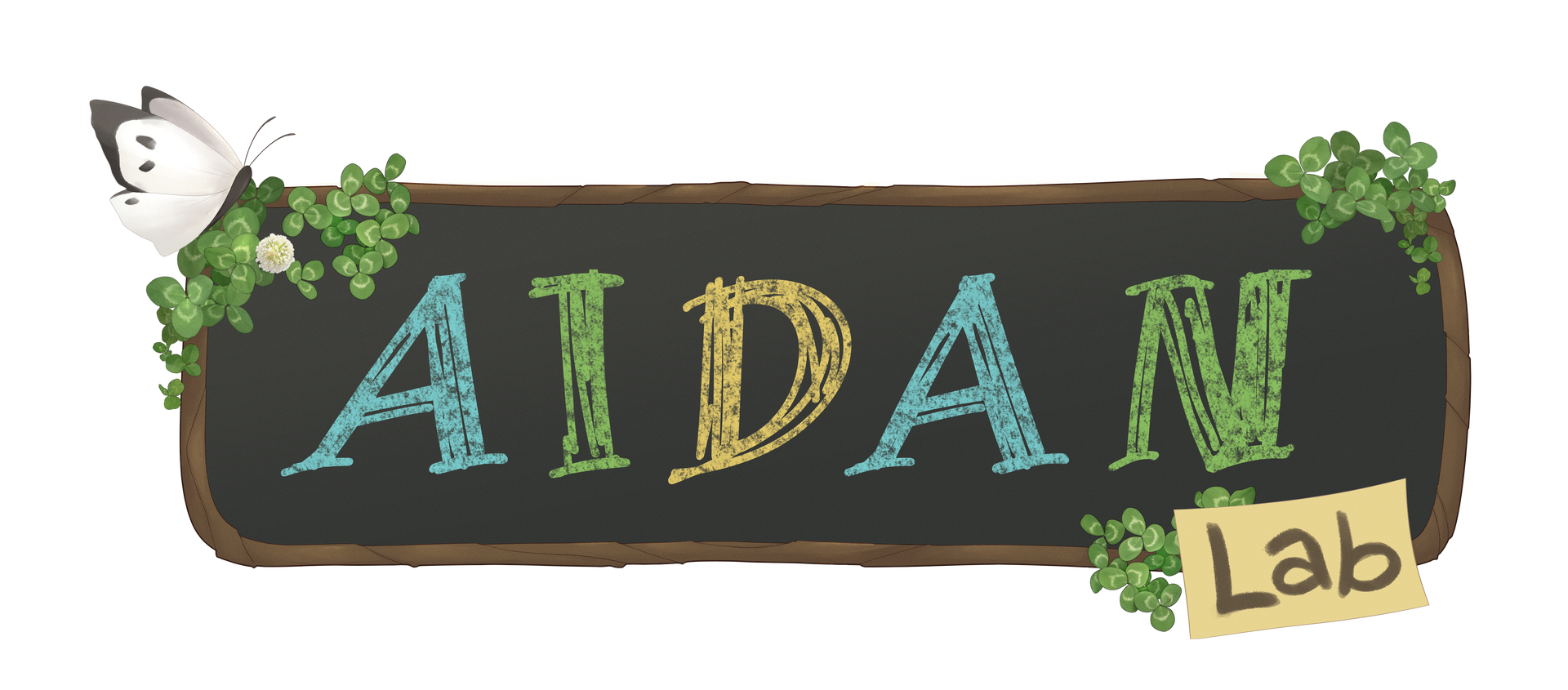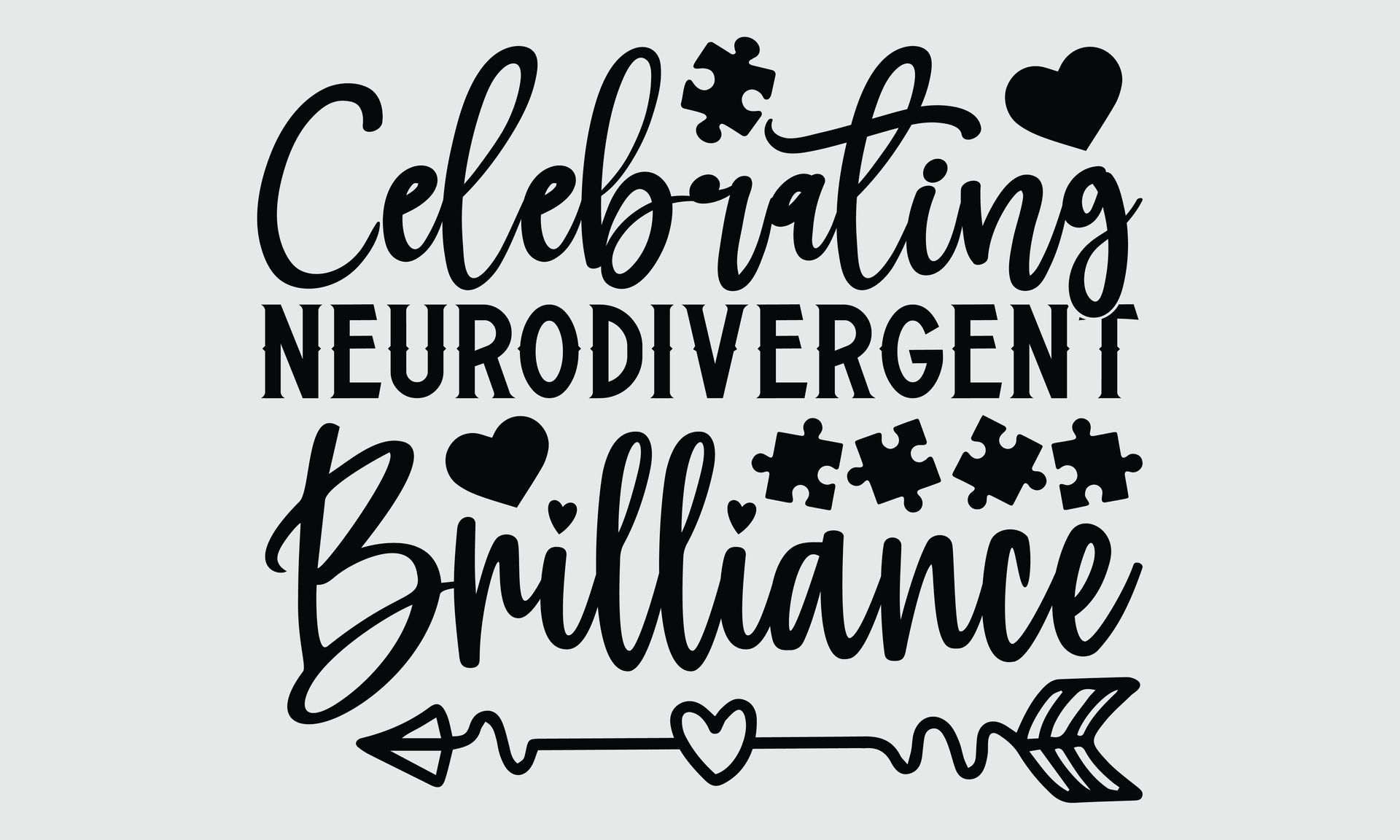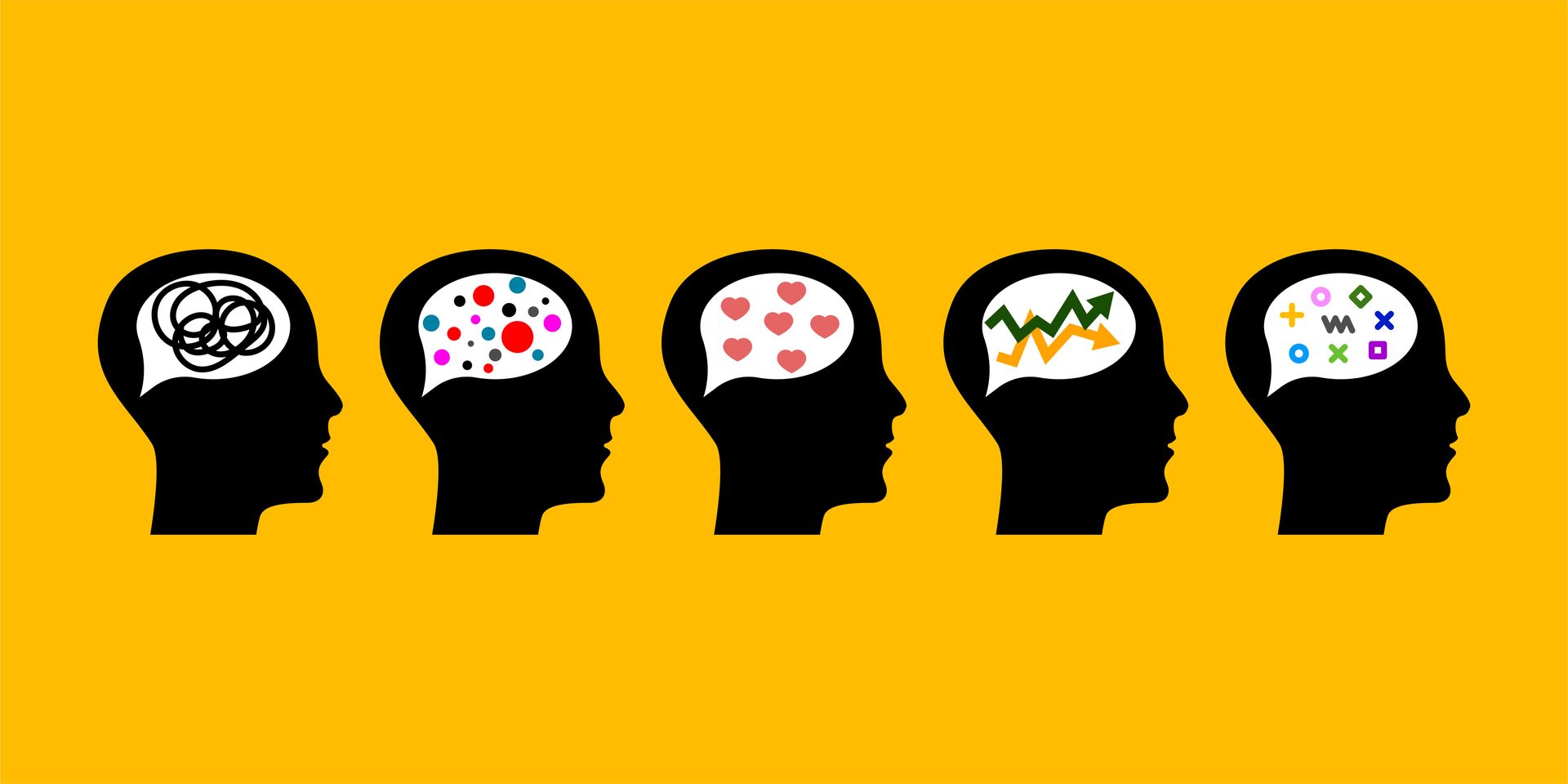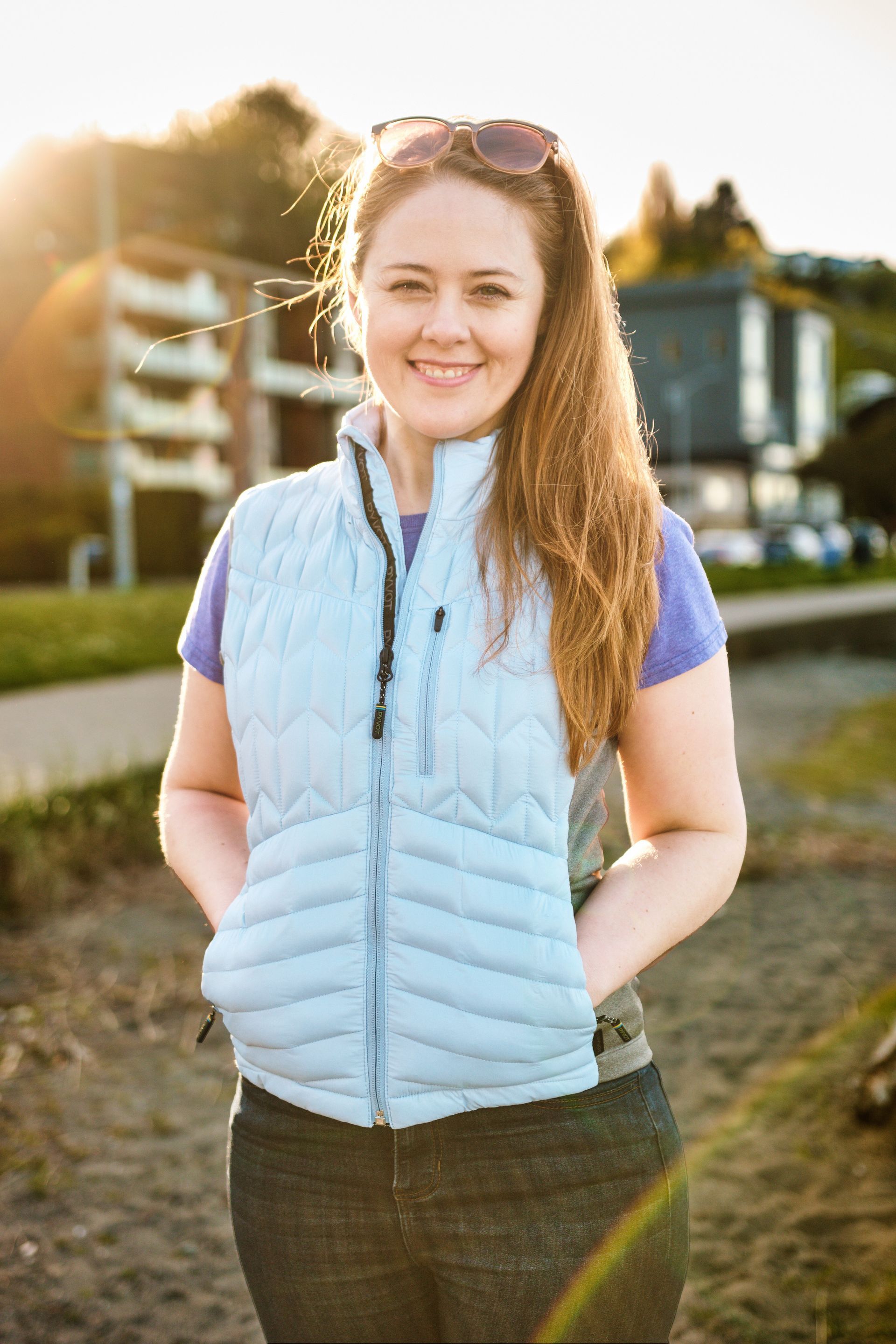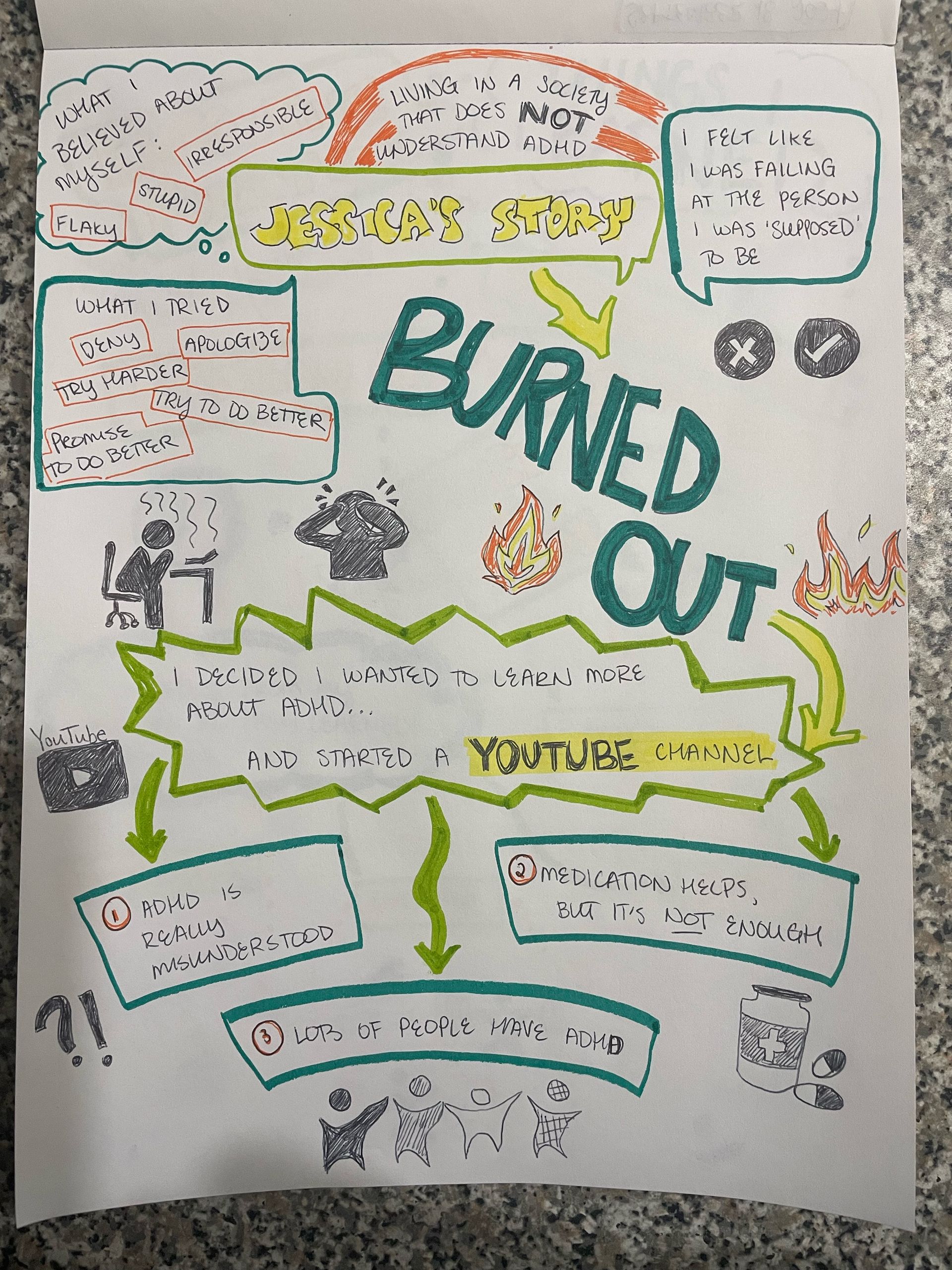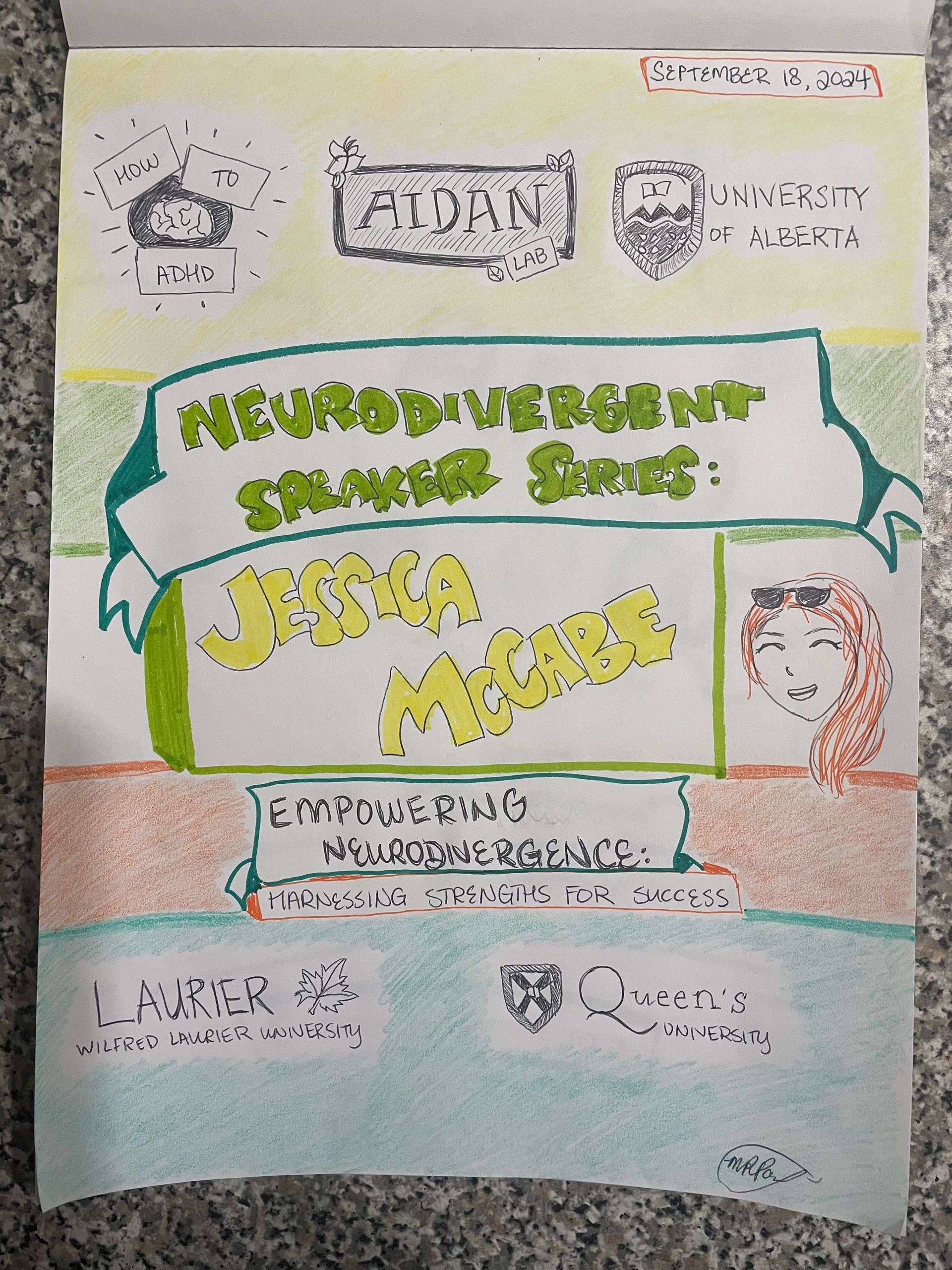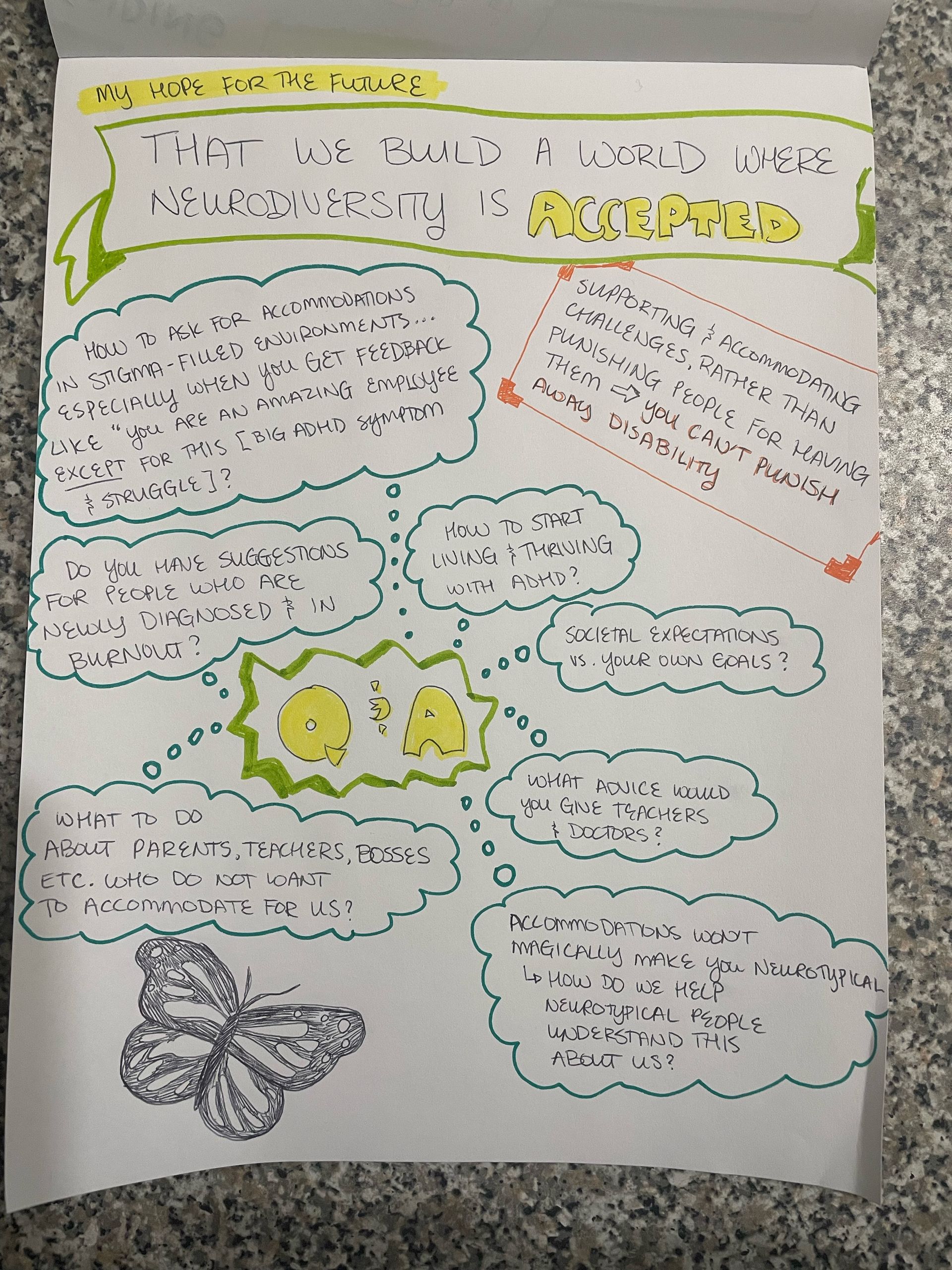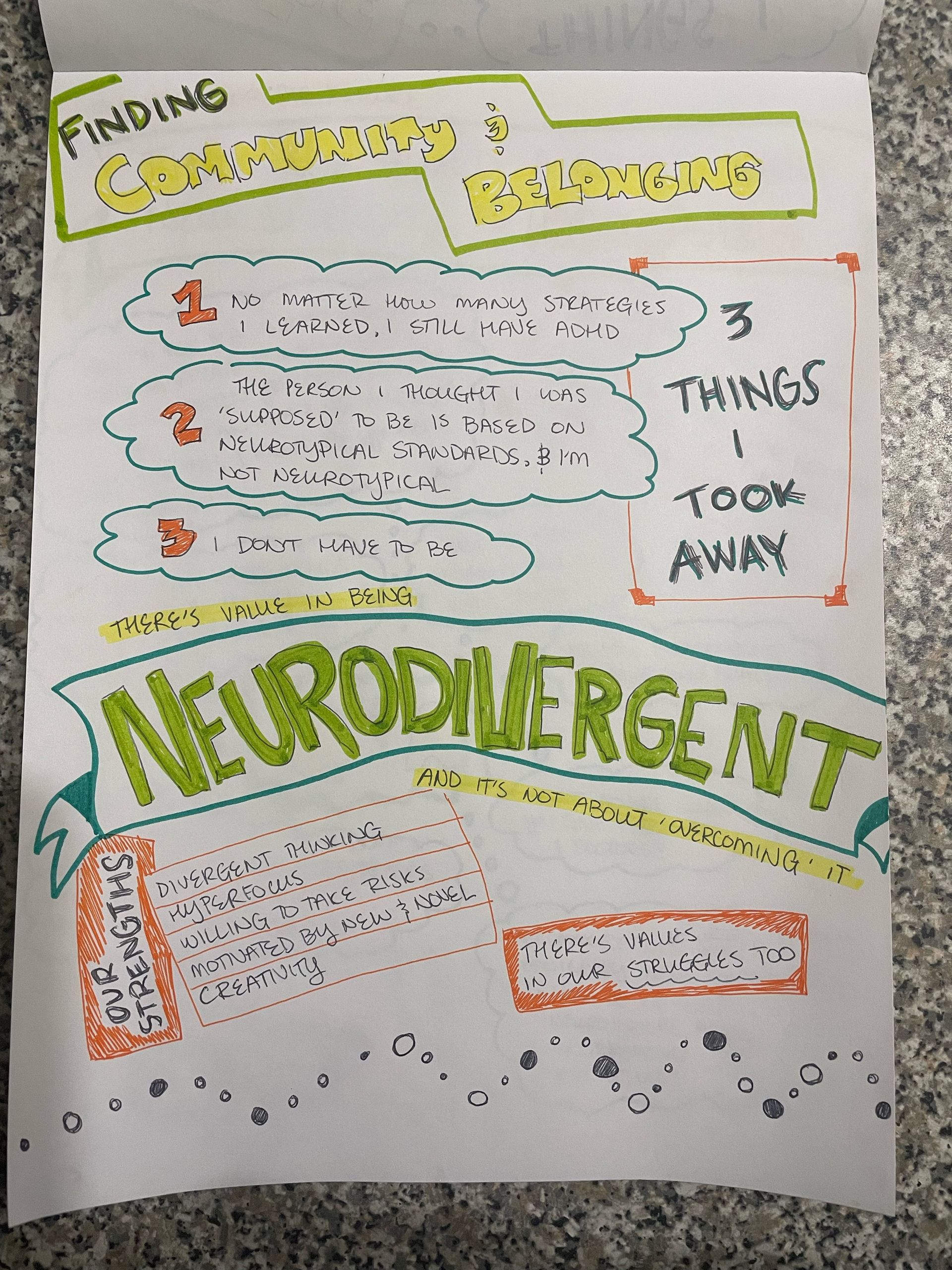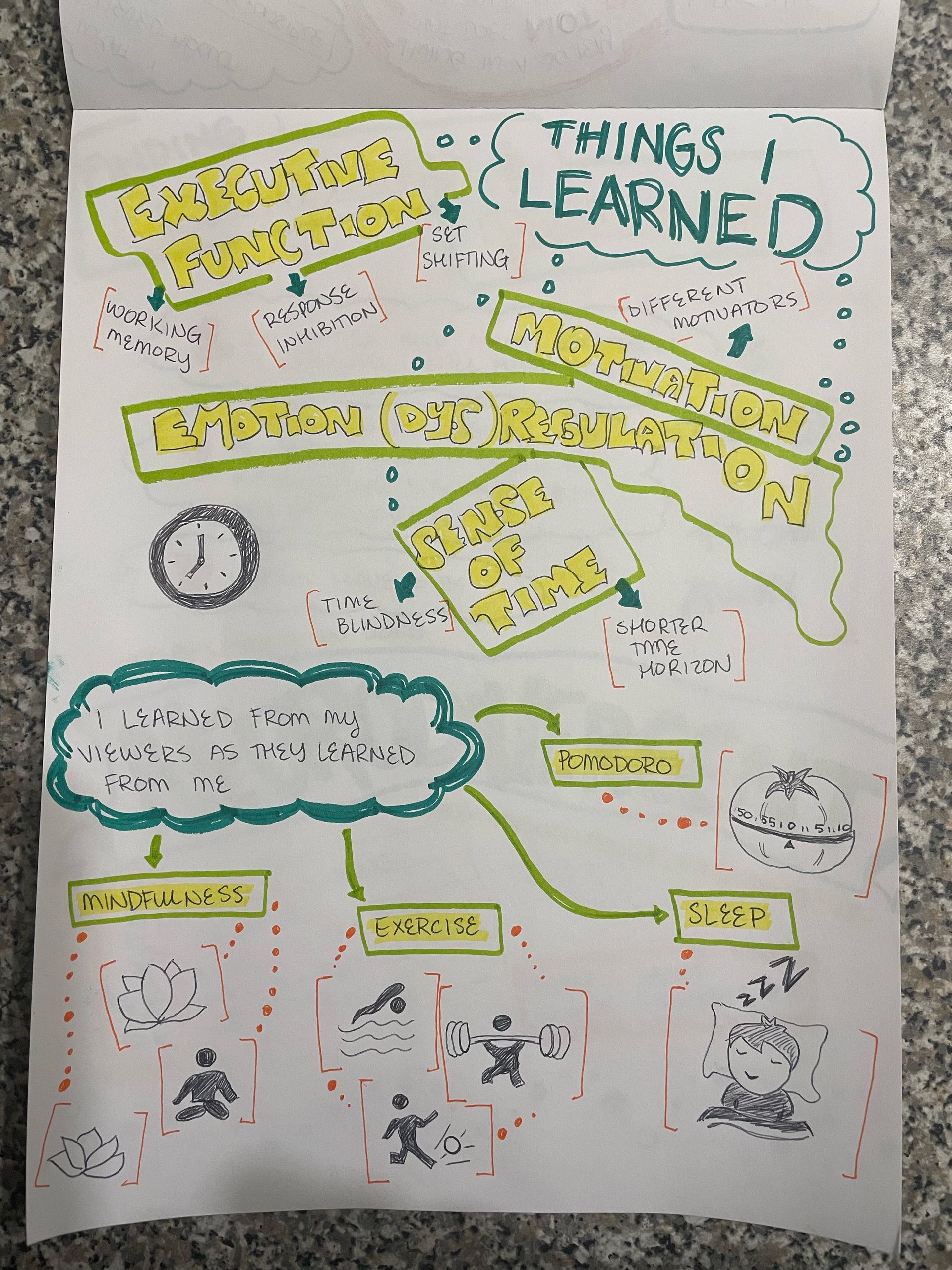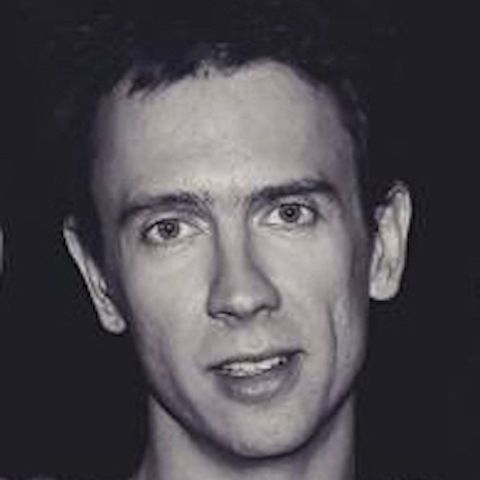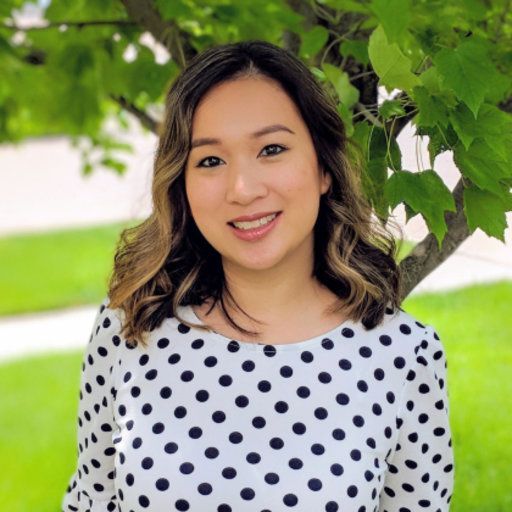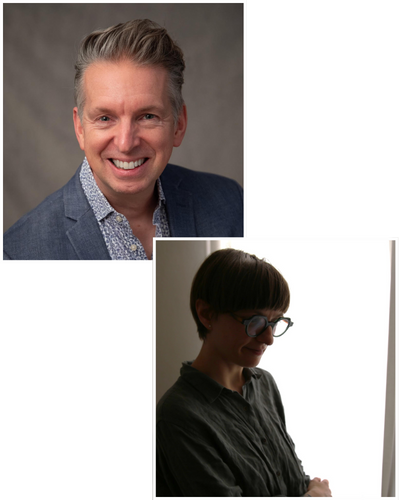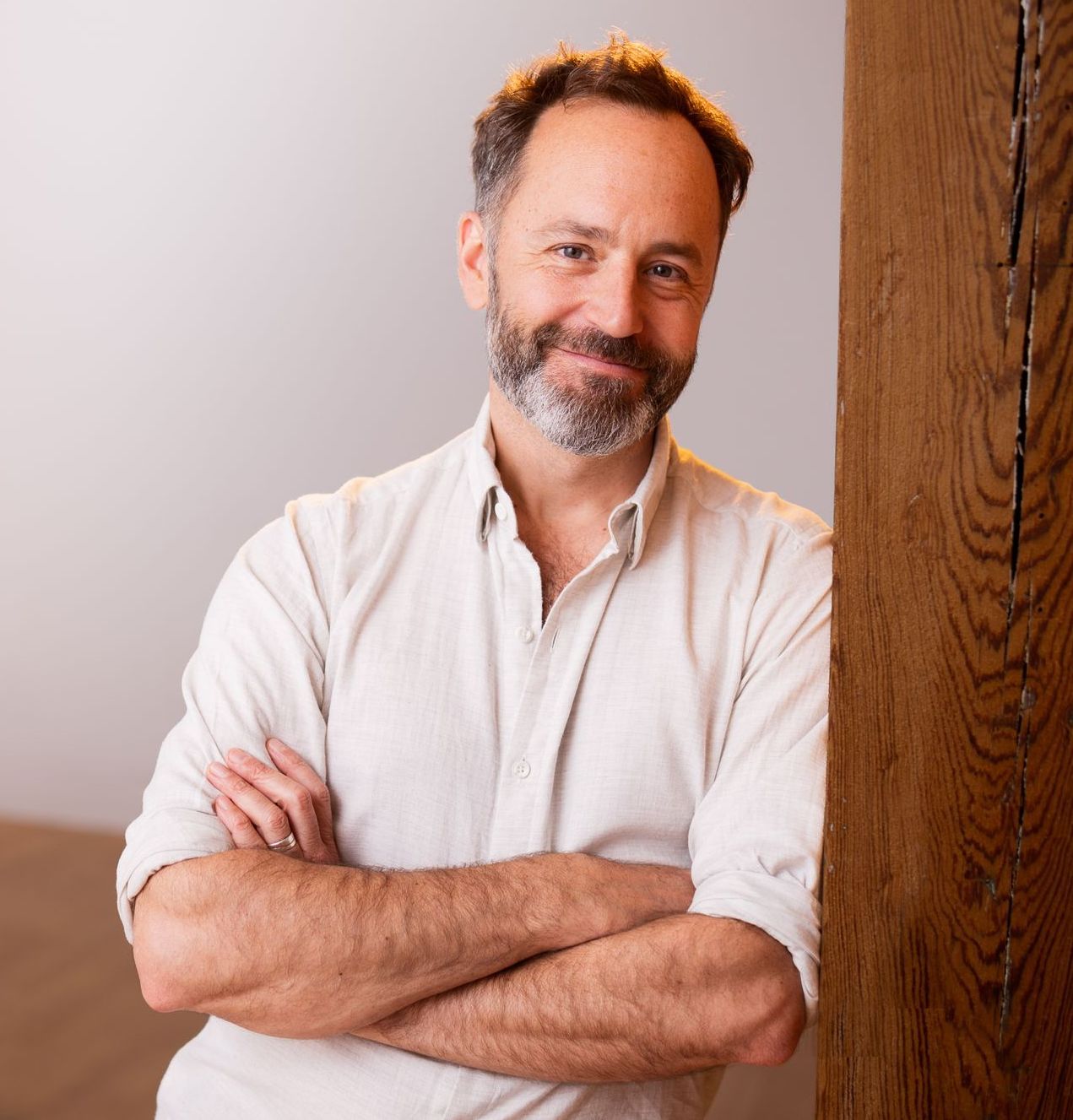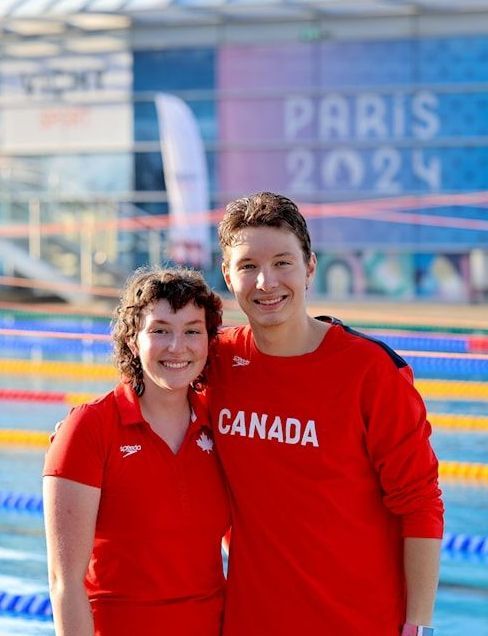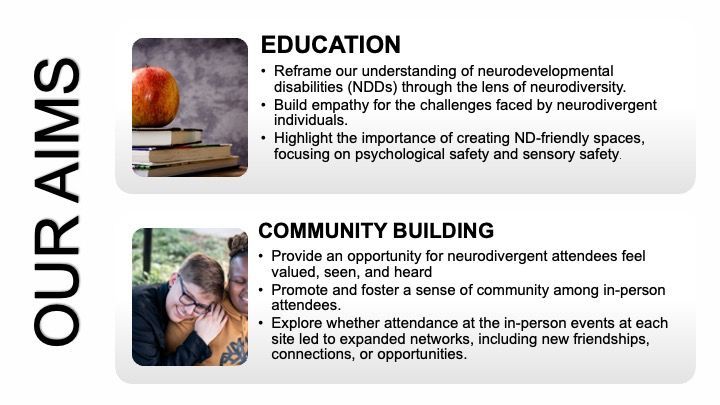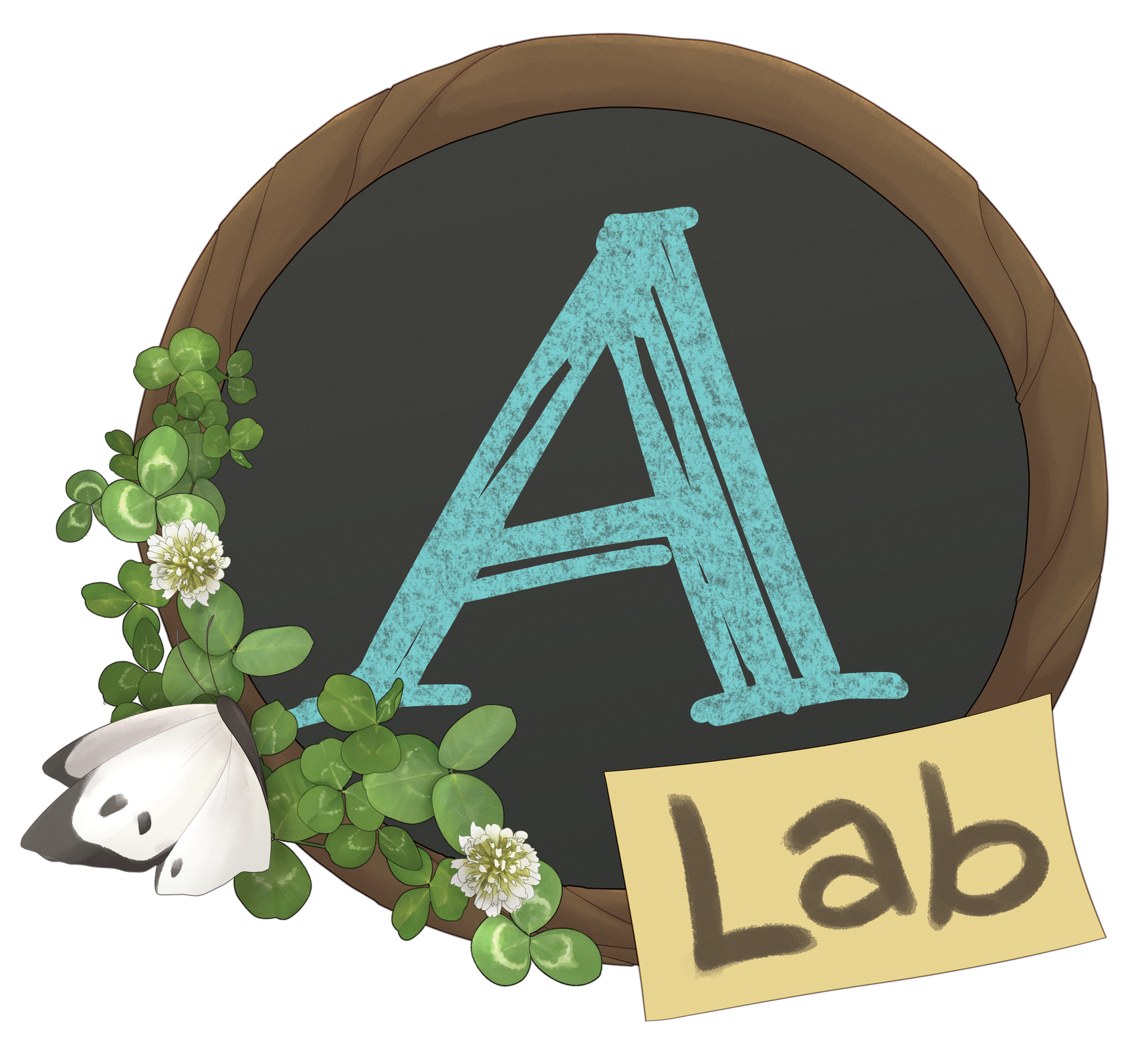For our first Speaker Series session, Jessica McCabe—creator and host of How to ADHD on YouTube—chronicles her life with ADHD and her ongoing struggle to become the person she thought she was “supposed” to be in a world designed for neurotypical minds.
With her captivating energy, Jessica walks the audience through a series of anecdotes: from struggling in school once intelligence alone was not enough, to all the judgmental labels she believed about herself, to a series of missed opportunities in adulthood caused by so-called "careless" mistakes. All of this resulted from a lack of understanding of how her brain worked. She lamented being told she had “so much potential,” yet she consistently failed to live up to it.
After years of frustration, burnout, and hopelessness, Jessica decided there was more to her ADHD than she realized. She learned that ADHD is incredibly misunderstood and affects so much more than just focus: it affects emotional regulation, time perception, motivation, and self-worth. She also learned that medication, while helpful, doesn’t teach the necessary skills needed to thrive.
Jessica started How to ADHD to share her knowledge, hoping it would help others like herself. As her channel grew, so did an online community of ADHDers who shared strategies, learned how to identify their needs and obstacles, and built a wonderfully supportive community. Together, they discovered that ADHD is not something to “overcome,” but something to embrace and work with.
Through a mix of science and storytelling, Jessica created a space that values neurodiversity and encouraged attendees to reflect on their own neurodivergent traits (or those of loved ones). She calls for attendees to consider more compassionate, strengths-based approaches. She realized that ADHD is not a deficit but a different way of being with its own value. You don’t need to become the person you’re supposed to be; you already are. ❤️

